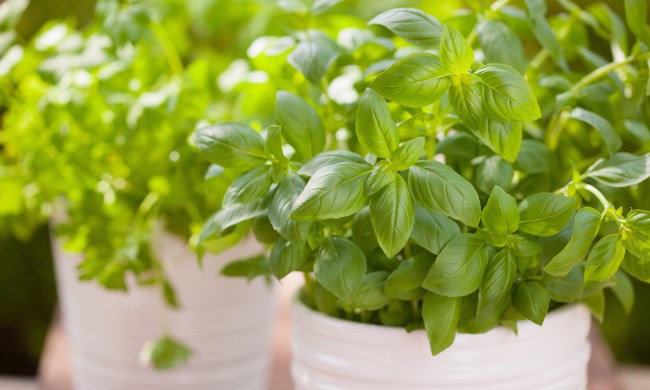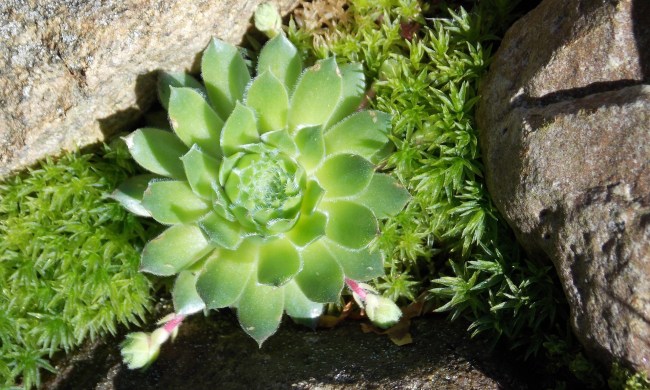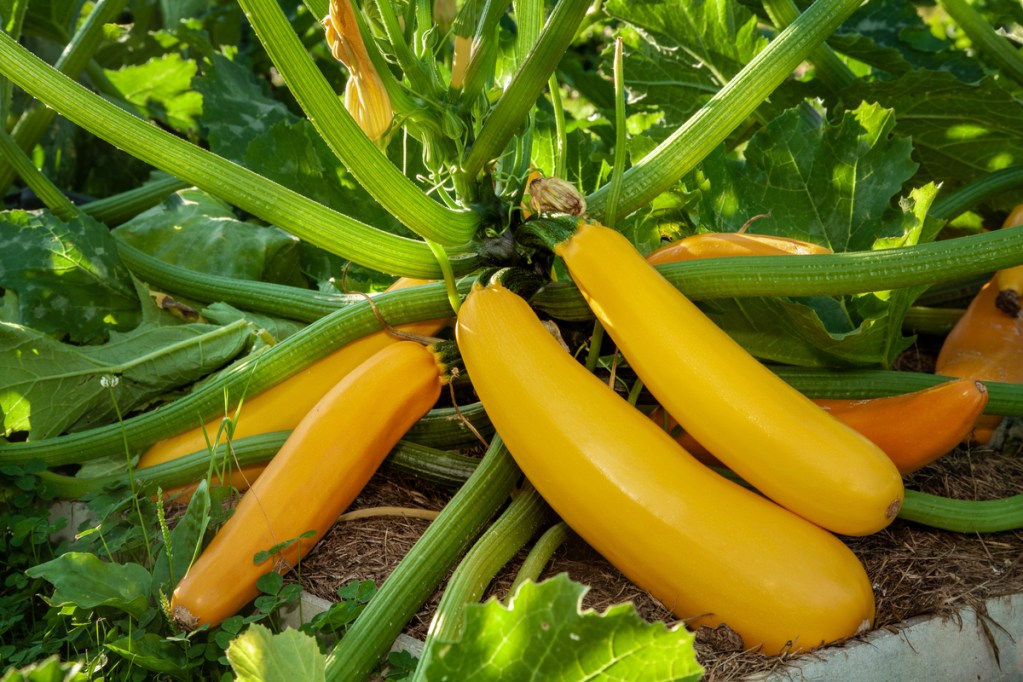
Zucchini are delicious and easy to grow, making them a popular addition to many vegetable gardens. However, most gardens have more than one plant; so what plants are safe to grow near your zucchinis, and which should you avoid?
This guide to zucchini companion plants will answer all your questions. We’ll explain the best (and worst) options for you to choose from and why they do or don’t work well with zucchini plants. With this guide, you can plan a successful garden and have an excellent zucchini harvest.
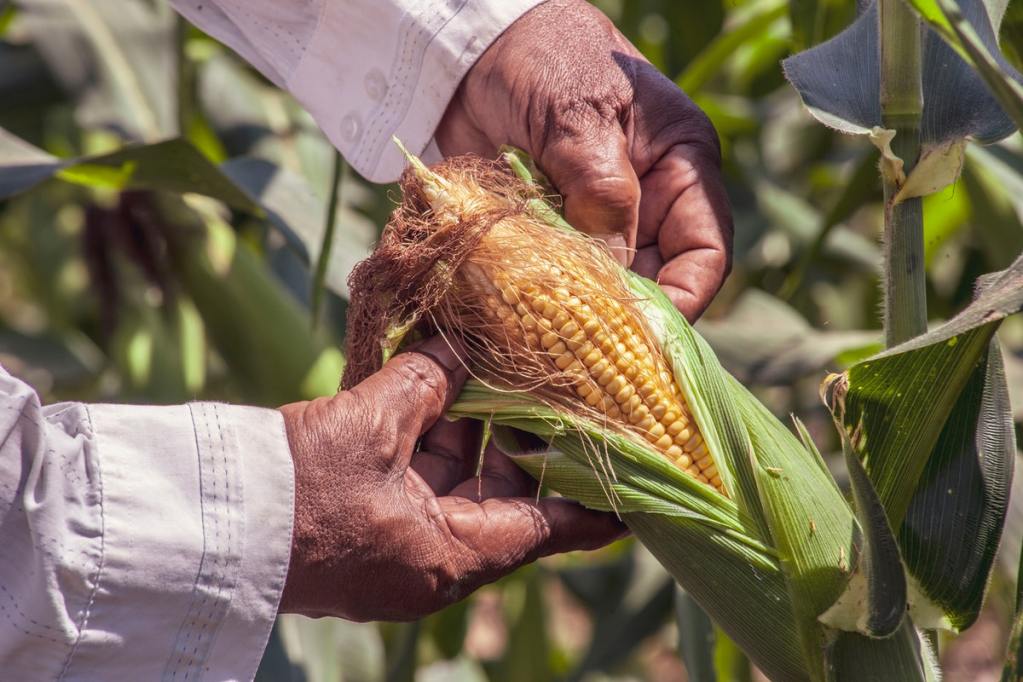
Fruits and vegetables for zucchini companion plants
If you’re looking to maximize your harvest, then you may want to use all your space for fruits and vegetables. Lettuce stays close to the ground and can shelter the roots of your zucchini plant, keeping the soil hydrated for longer.
Tomatoes, peppers, and eggplants are also good options. Eggplant plants do tend to grow larger than tomatoes or peppers, so keep that in mind if you’re low on space. Tomatoes and peppers tend to be smaller, and they come in many fun varieties for you to try. Tomatoes, peppers, and eggplants are all in the same family, as are potatoes. Some gardeners can grow potatoes and zucchini alongside each other with no problem, while others find that they compete too heavily for resources. If you do grow potatoes and zucchini together, you may need to water and fertilize them more often.
Small root vegetables, such as carrots and radishes, may be better suited as zucchini companion plants than potatoes. Their smaller size makes them easier to space correctly and less likely to interfere with your zucchini plant’s roots. Allium bulbs, such as garlic and onions, are great choices for this same reason. Additionally, they have been known to keep some pests away.
Our final two recommendations are corn and legumes. Legumes, such as beans and peas, are great options for companion plants. They add nitrogen to the soil, helping sustain your other plants. Corn and zucchini grow well together, and you may have heard of this combination before. “The Three Sisters” style of planting, originating from the Haudenosaunee Confederacy hundreds of years ago and still practiced by the Haudenosaunee and many others today, is a method of planting beans, corn, and squash together. While they may not look like it, zucchinis are actually a type of squash and are perfectly suited to this traditional planting style.
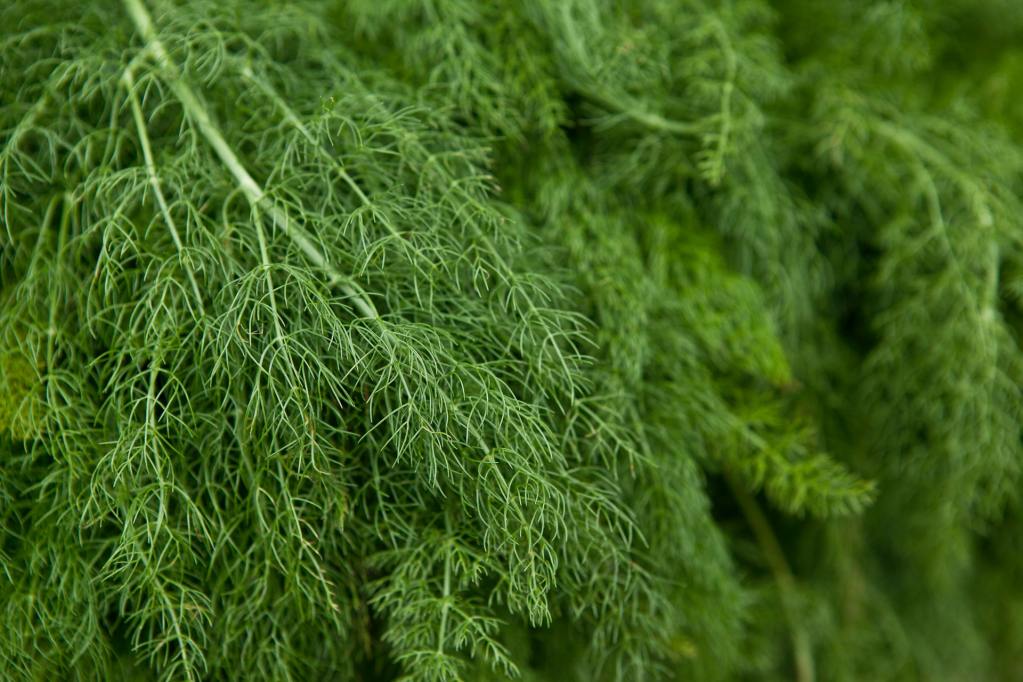
Flowers and herbs to grow with zucchini
In addition to vegetables and fruit, there are many flowers and herbs that make great zucchini companion plants. While adding flowers and herbs to your vegetable garden may seem counterintuitive, they can actually offer many benefits to your vegetables. Flowers and herbs attract pollinators and beneficial insects, such as ladybugs, which help your garden thrive. Additionally, some flowers and herbs have natural pest-repellent properties.
The most common flowers and herbs to plant for these qualities are marigolds, nasturtium, and dill. Not only are they the favorites of bees and ladybugs, but they seem to be able to keep some pests away. However, they aren’t the only options. Sunflowers pair well with zucchini, as does lavender.
You can also grow borage, parsley, catnip, chamomile, lemon balm, marjoram, and oregano as zucchini companion plants. Not only are these herbs and flowers beautiful and beneficial to your garden, but they’re also useful in your kitchen. Marigolds, nasturtium, and sunflowers are edible, and the herbs have many uses, from flavoring meals to making tea.
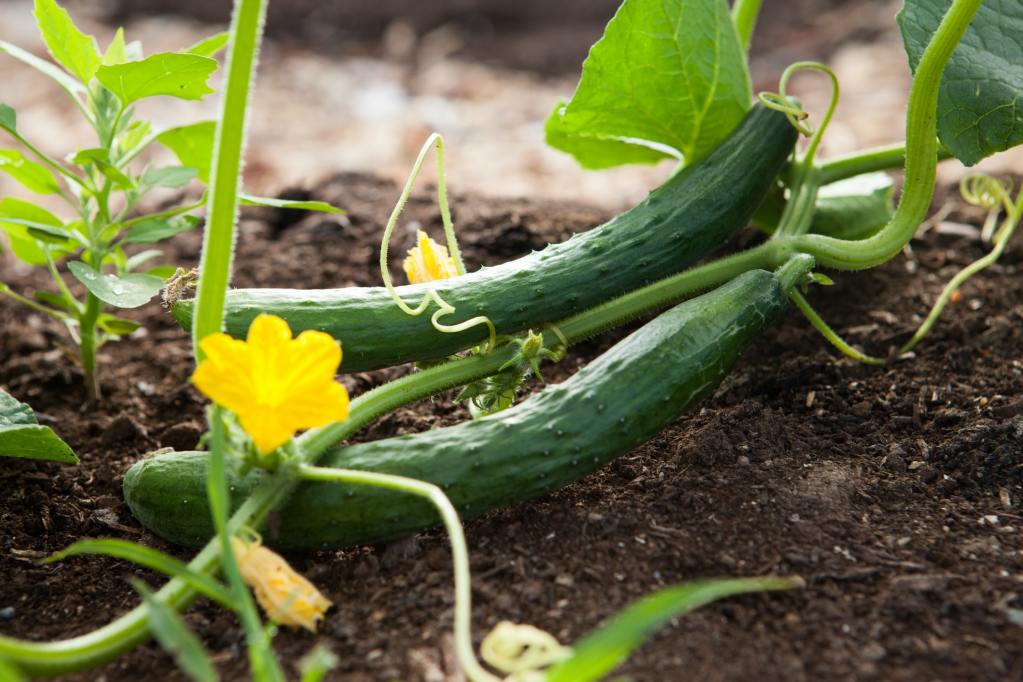
Plants to avoid growing near zucchini
In general, it’s best to avoid planting zucchini near other cucurbits. This includes cucumbers, pumpkins, melons, and squash. Since they are targeted by the same pests and need the same nutrients, they are more vulnerable and may not be able to get enough resources to thrive. Additionally, they can compete with each other for space and become tangled.
Other vines, such as sweet potatoes, ivy, and morning glories should be avoided for the same reason. As the vines spread, they will encroach on each other’s space, potentially becoming tangled and blocking each other from getting enough light. While you may be able to grow zucchini with other vines through the use of careful trellising and pruning, it will take more time and effort to control their spread.
Brassicas also make poor zucchini companion plants. Brassicas include broccoli, cauliflower, cabbage, kale, and Brussels sprouts. They are heavy feeders, meaning they use a lot of nutrients and water, leaving little for other plants. This means they’re best grown on their own or with plants that don’t need as many resources.
This guide to zucchini companion plants will help you get started planning the arrangement of your next garden. Whether you plan on only growing vegetables or want to branch out into flowers and herbs, this list provides you with some great options to choose from. As for the plants to avoid, just make sure they’re spaced appropriately or that there are other plants between them. You can still grow them in the same garden, just not right next to each other.

